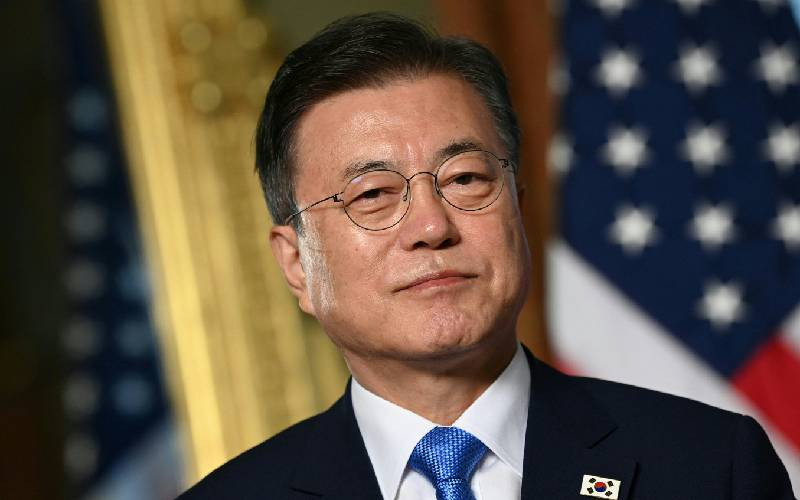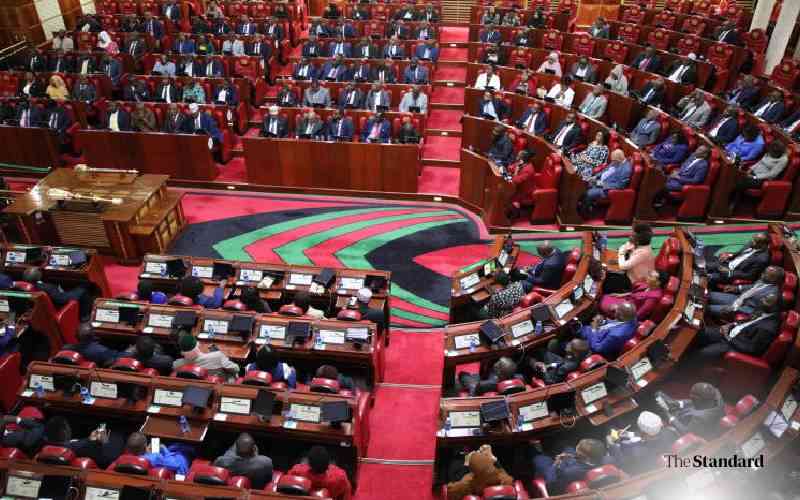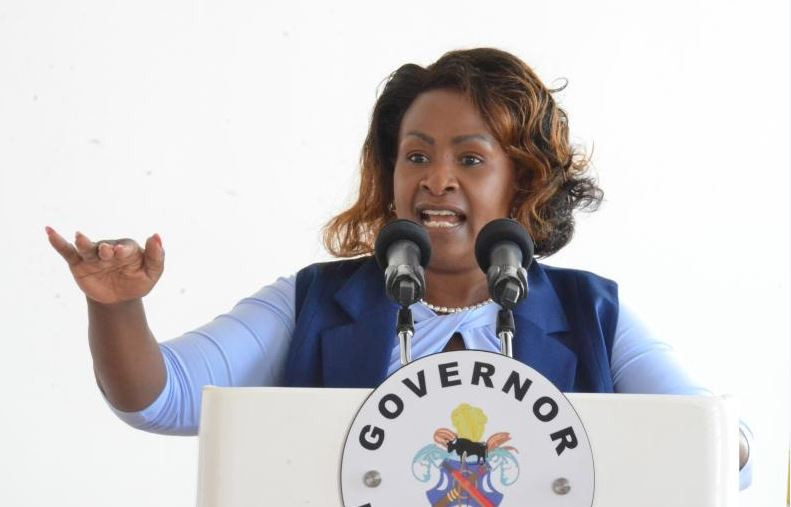
There comes a moment when a nation must pause, look around, and ask itself: Are we still headed where we thought we were going? It’s a question every Kenyan, regardless of status or station, should ask today.
It might sound like those tired clichés—calls for dialogue, unity, patriotism. But peel back the words and there’s an urgent truth: we are in trouble, and the noise around us is drowning out the signals we need to hear.
Every day, we are bombarded with distractions—social media outrage, political drama, endless debates with little substance. But beneath it all is a growing unease, a blur in our national vision, as if we’re passengers on a bus whose driver keeps insisting everything is fine—even though the engine is sputtering and the road signs say we’re clearly off course.
You don’t have to be driving the bus to know it’s veering in the wrong direction. Take a moment to think about what truly matters to everyday Kenyan—Wanjiku and Kazungu. Start with healthcare.
When your child falls ill, how far must you travel to get help? Can you afford treatment, or must you sell your last goat, or make those hard calls to relatives and friends? We are blessed with rivers, fertile lands and brilliant minds—yet millions go hungry, unable to eat three proper meals a day. If that sounds like an exaggeration, perhaps you’re lucky enough to escape the harsh realities faced by many.
Then there’s education—the great equaliser, the foundation of any strong society. But today, the system resembles the chaotic din of college hostels on the last day of the month when electricity tokens run out. There's little structure, even less harmony. We’re turning once-reliable institutions into mere conveyor belts, pushing out learners neither empowered nor prepared—just processed. We're raising generations not to think, but to comply.
Instead of fostering innovation and nurturing talent, we are conditioning our young to become economic dependents—cogs in someone else’s machine. And all this while the guardians of our future—our leaders—dance to the tune of foreign interests, intoxicated by offshore wealth and sweet scent of imported power.
Meanwhile, our children scroll through social media feeds flooded with toxic content—shallow, flashy, numbing. Their identity, their culture, their brilliance—all slowly diluted by a digital wave that few adults seem concerned to interrupt.
We must stop. Breathe. Reflect. And ask the questions we’ve been avoiding: Who are we? What do we want for our children? For our future? And most importantly: What are we willing to let go of to reclaim ourselves?
Perhaps it’s time for our own version of the 40-year desert crossing—a tough, soul-searching journey toward renewal. Because how else can we explain that public transport worked better in the 1980s than it does today? How can a nation regress even as its people become more educated?
This is not just stagnation. It’s engineered chaos. But there’s still hope. The real revolution starts at home—in our conversations, our choices, our vigilance. Check what your children are consuming—literally and digitally. Speak up when something doesn’t feel right. Refuse to be part of the noise. Help clean up your corner of the nation.
-The writer is a researcher, digital content and curriculum developer.
 The Standard Group Plc is a
multi-media organization with investments in media platforms spanning newspaper
print operations, television, radio broadcasting, digital and online services. The
Standard Group is recognized as a leading multi-media house in Kenya with a key
influence in matters of national and international interest.
The Standard Group Plc is a
multi-media organization with investments in media platforms spanning newspaper
print operations, television, radio broadcasting, digital and online services. The
Standard Group is recognized as a leading multi-media house in Kenya with a key
influence in matters of national and international interest.
 The Standard Group Plc is a
multi-media organization with investments in media platforms spanning newspaper
print operations, television, radio broadcasting, digital and online services. The
Standard Group is recognized as a leading multi-media house in Kenya with a key
influence in matters of national and international interest.
The Standard Group Plc is a
multi-media organization with investments in media platforms spanning newspaper
print operations, television, radio broadcasting, digital and online services. The
Standard Group is recognized as a leading multi-media house in Kenya with a key
influence in matters of national and international interest.






